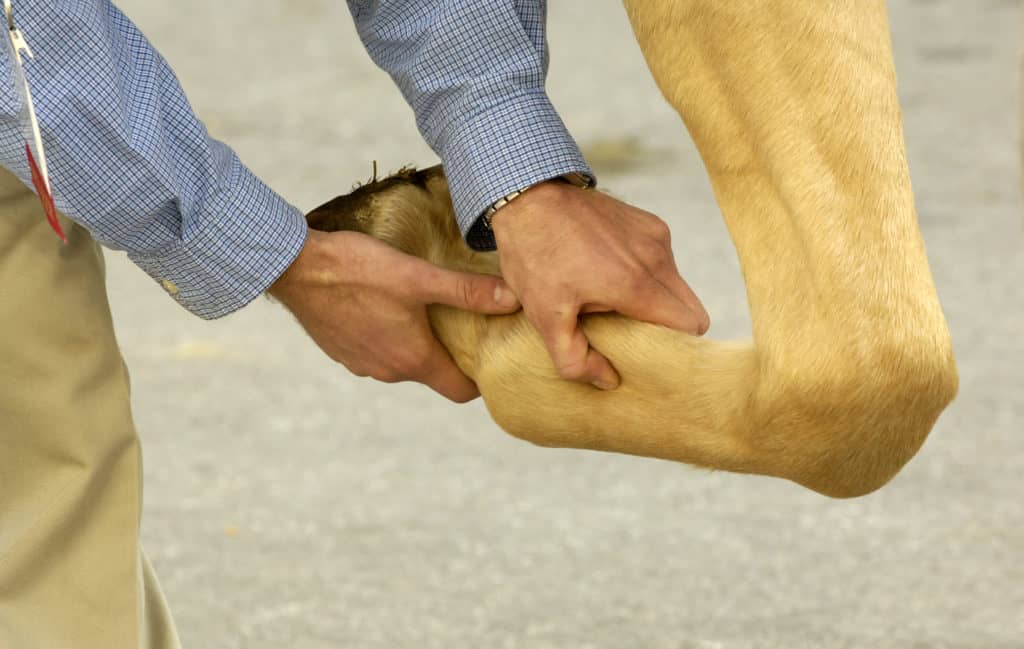
Regenerative Therapies for Sport Horse Injuries
Dr. Duncan Peters of the Hagyard Equine Medical Institute discusses regenerative therapies (such as stem cell therapy and platelet-rich plasma) for healing injuries common to sport horses.

Dr. Duncan Peters of the Hagyard Equine Medical Institute discusses regenerative therapies (such as stem cell therapy and platelet-rich plasma) for healing injuries common to sport horses.

For Alltech president Pearse Lyons, sponsoring the World Equestrian Games makes perfect sense.

Kentucky-based Alltech, lead sponsor of the World Equestrian Games, is an animal nutrition company and more.
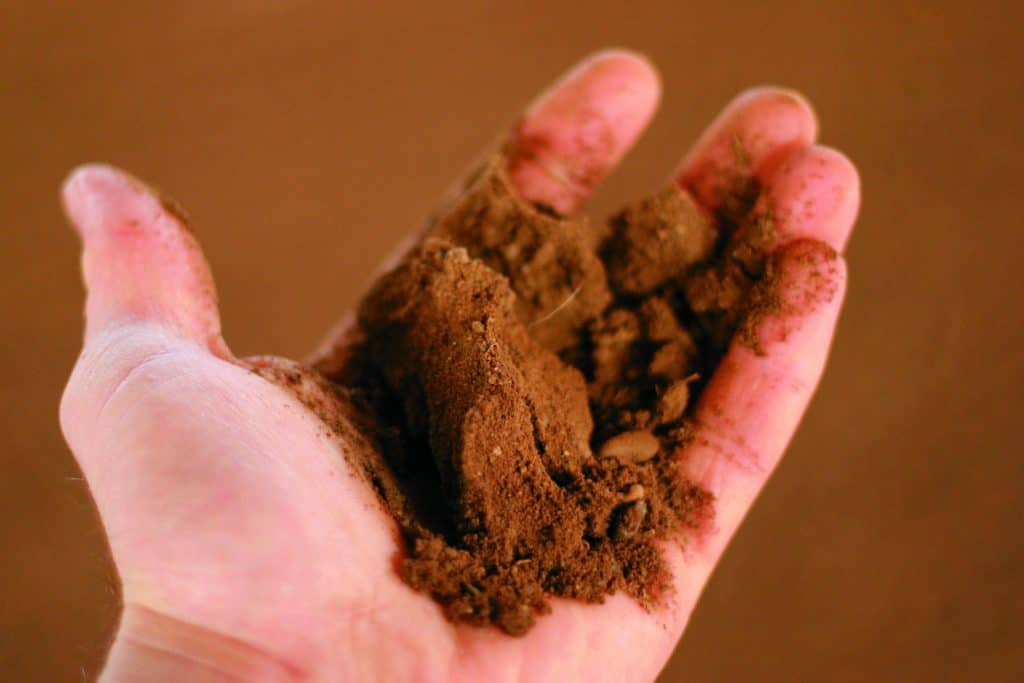
From arena footing to walking paths, the Kentucky Horse Park improvements put the horse first.

Four veterinarians discuss equine protozoal myeloencephalitis (EPM) diagnosis, what conditions it can appear to be, and effective treatment.
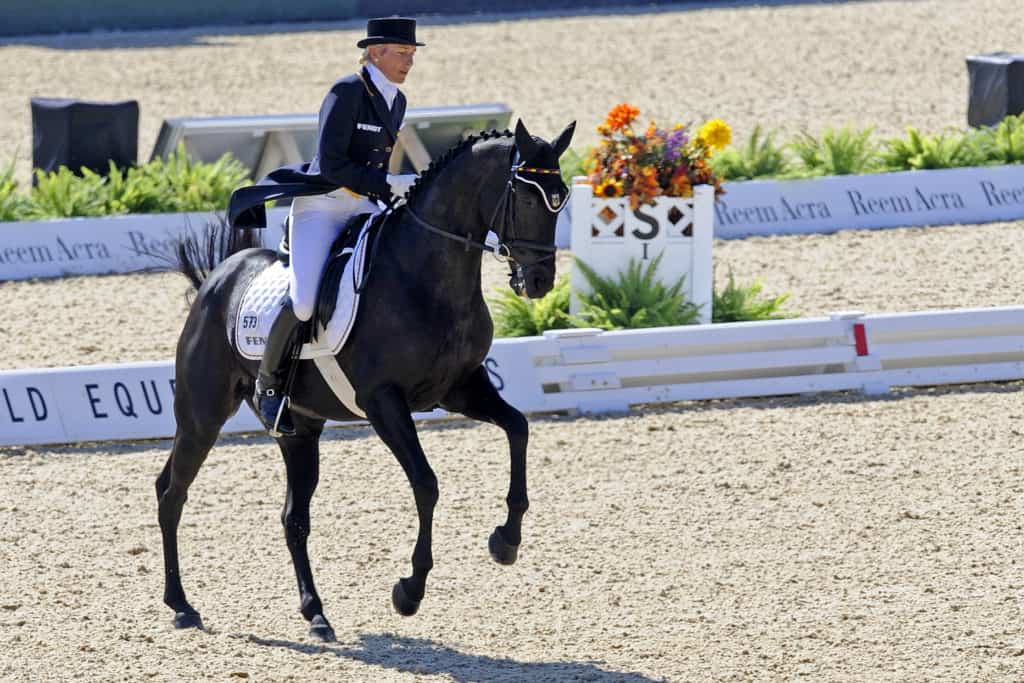
Dr. Chris Newton discusses health risks associated with the different World Equestrian Games disciplines.
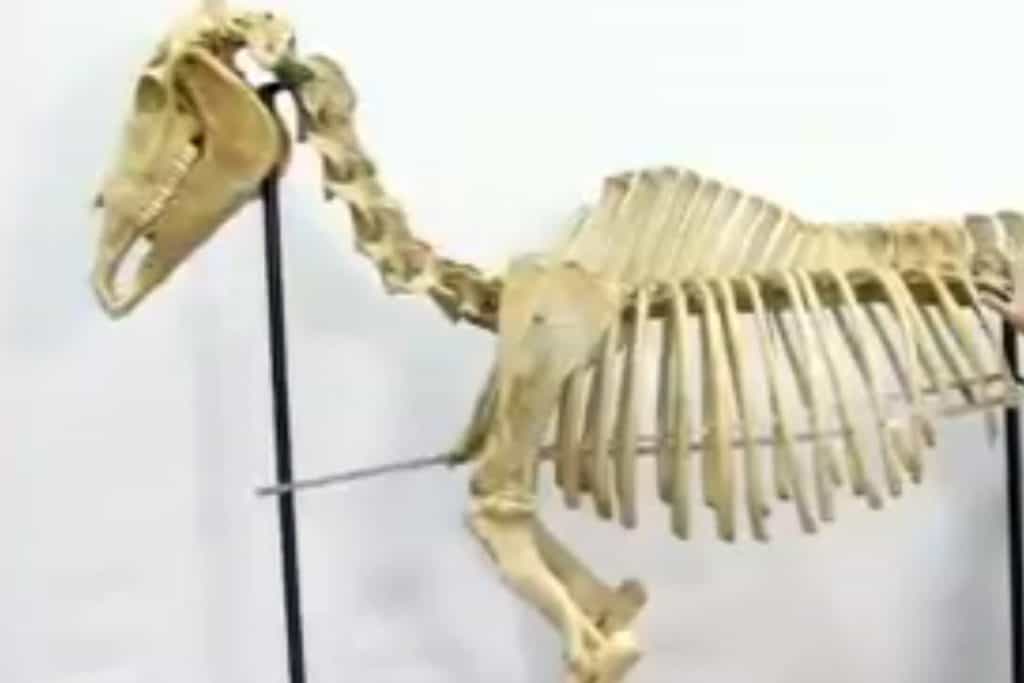
See what your horse’s skeleton looks like and get an overview of how it works with Dr. Roberta Dwyer of the University of Kentucky’s Gluck Equine Research Center.

Lawsonia intracellularis bacteria can cause intestinal disease in horses, pigs, and other species worldwide. The syndrome in horses is often called equine proliferative enteropathy, or EPE.

Quarantine, confinement, and stress can affect World Equestrian Games (WEG) horses.

The World Equestrian Games will bring together an unprecedented level of veterinary talent.
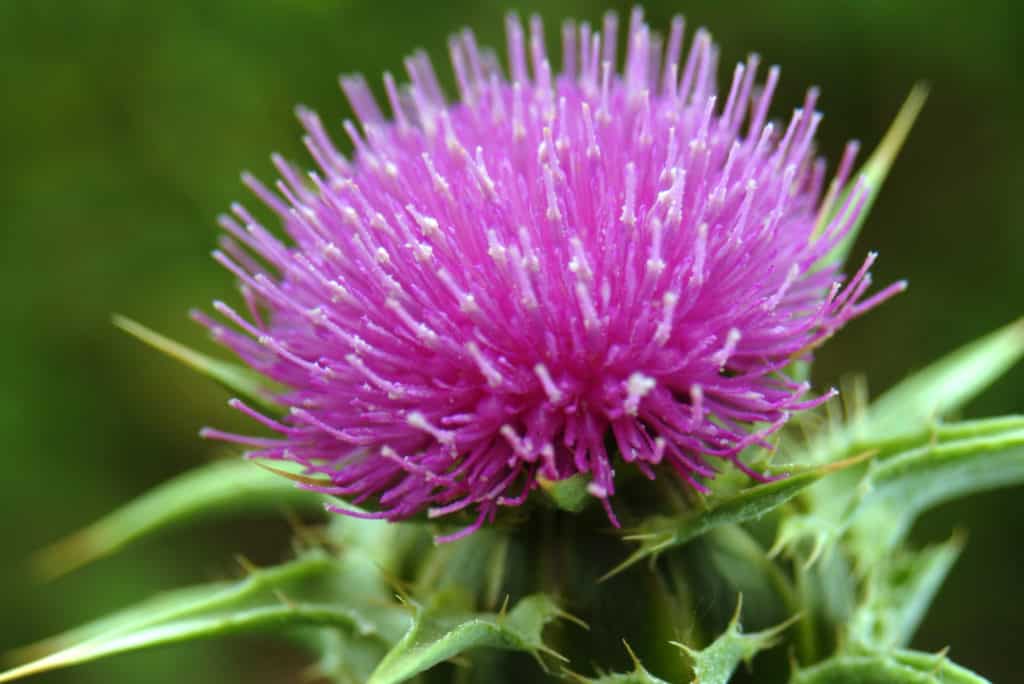
Dr. William Witt of the University of Kentucky discusses managing four thistles–musk, plumeless, bull, and Canada thistles–in horse pastures.
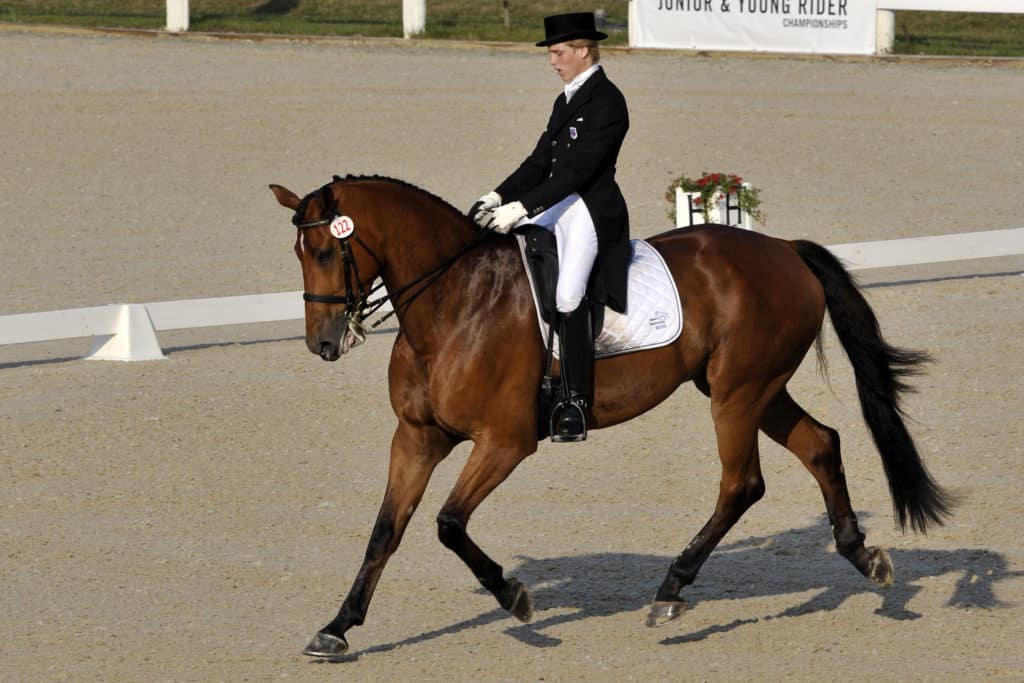
Emily Sorensen, a trainer at Wyvern farm in Martinez, Calif., gives advice for people with bad memories on how to memorize a dressage test.
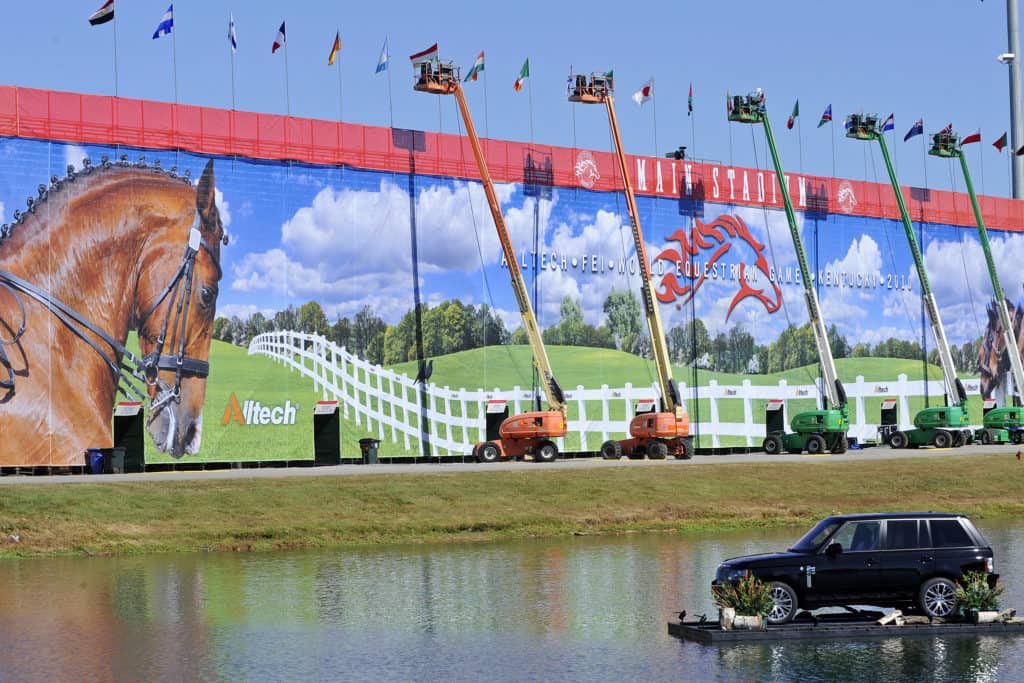
Kentucky Horse Park executive director John Nicholson discusses how the park is prepared for the World Equestrian Games and beyond.

Dr. Scott Morrison of Rood & Riddle Equine Hospital discusses the different shoeing needs of high-performance horses.
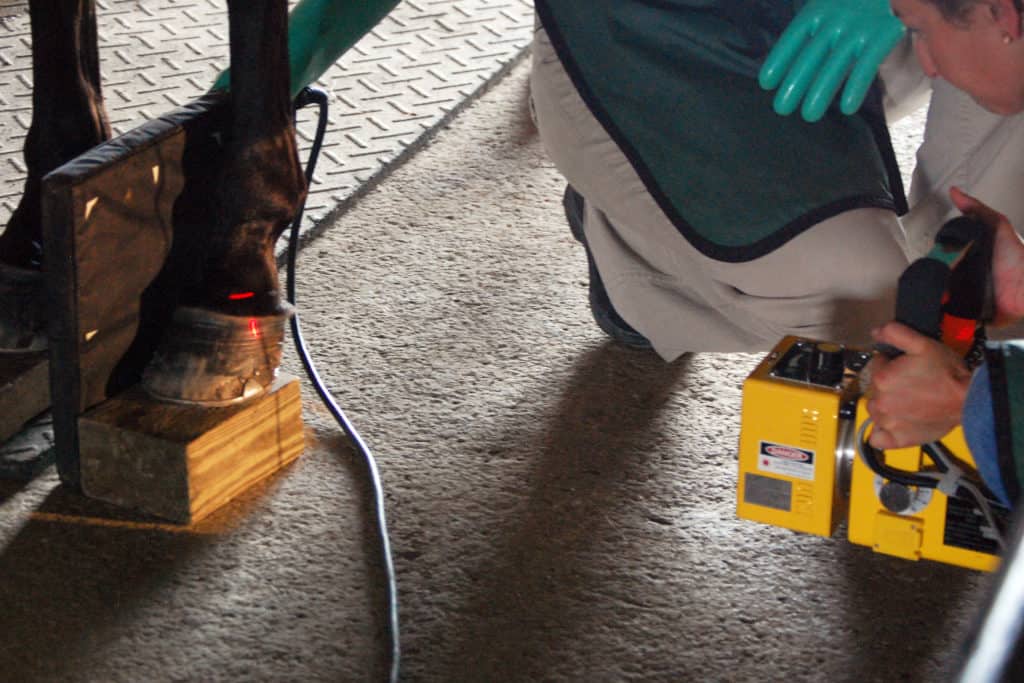
Dr. Vernon Dryden of Rood & Riddle Equine Hospital demonstrates navicular syndrome diagnosis in a 16-year-old Quarter Horse.

A behind-the-scenes look at Rood & Riddle Equine Hospital, official veterinary partner of the 2010 Alltech FEI World Equestrian Games.
Stay on top of the most recent Horse Health news with
"*" indicates required fields